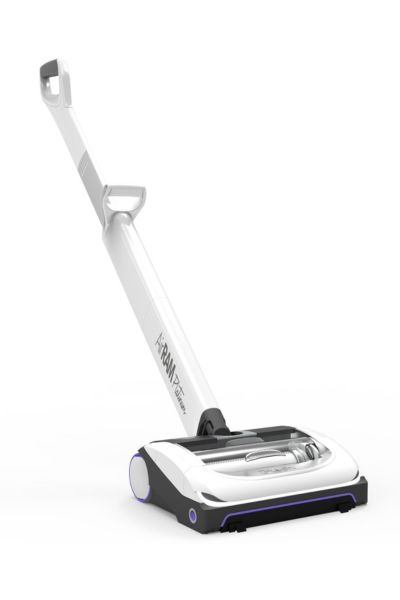Why does my vacuum cleaner smell? 6 common causes and tips to tackle those pesky odours, according to experts
Here's why you may be dealing with a smelly machine...

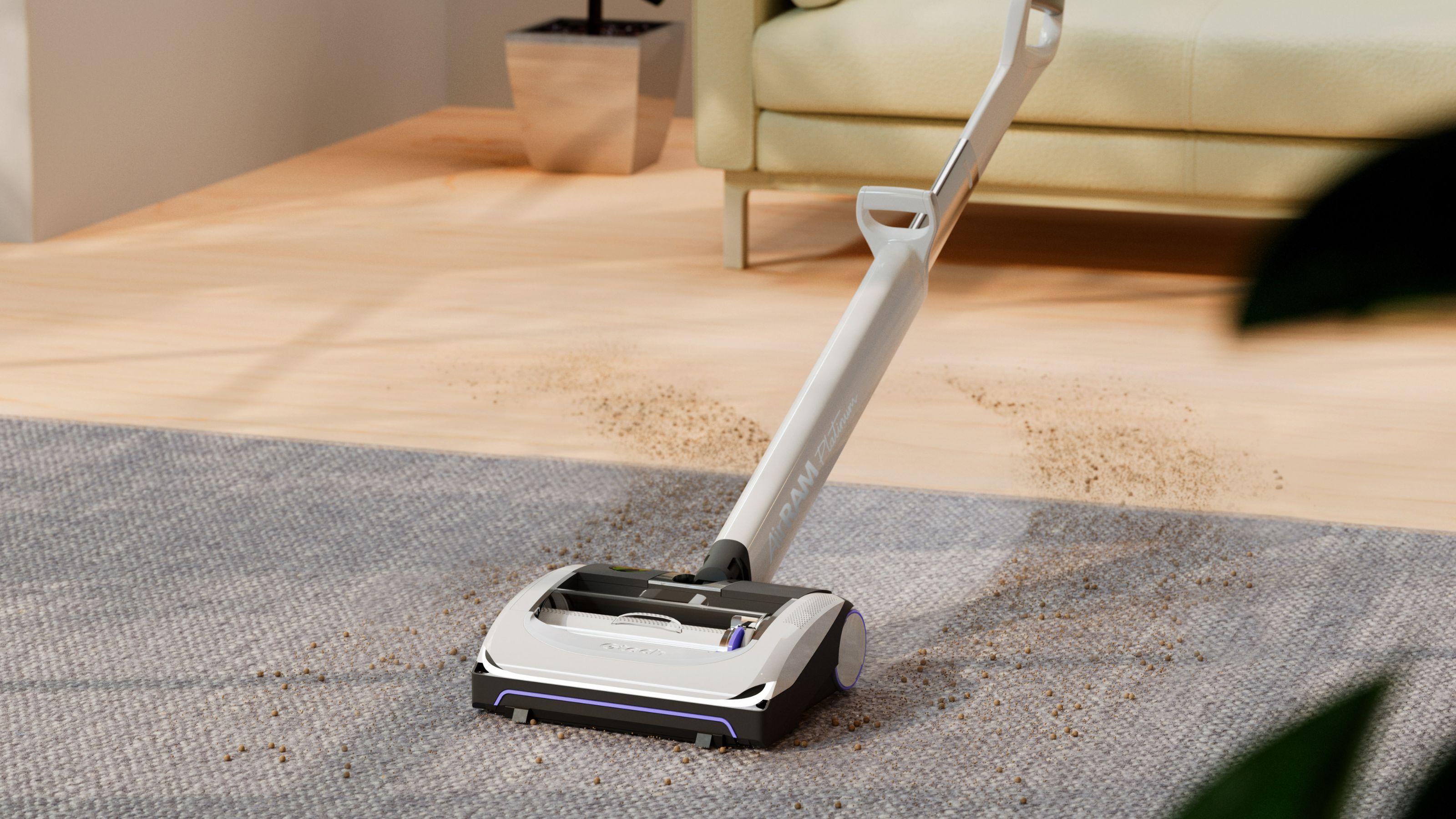
If we're being honest, vacuuming is already a task many of us dread; but paired with an unpleasant smell wafting through the air? There's nothing quite as disconcerting. If you've ever turned on your vacuum cleaner to be met with an irksome odour, you might be left wondering, 'Why does my vacuum cleaner smell?' A smelly vacuum can often make cleaning feel counterproductive, and discourage you from completing the task efficiently; and unfortunately, even the best vacuum cleaners aren't exempt from falling victim to this problem. However, the good news is that there are easy solutions to tackle the issue.
Although in some cases alarming smells can be a sign that you need to replace your vacuum, for the most part, it's often just user error and not detrimental to the lifespan of your appliance. So, to help you understand why your vacuum cleaner smells, we've asked experts to outline the most common reasons behind a smelly vacuum, and how to fix it.
1. Full or dirty dust bag or canister
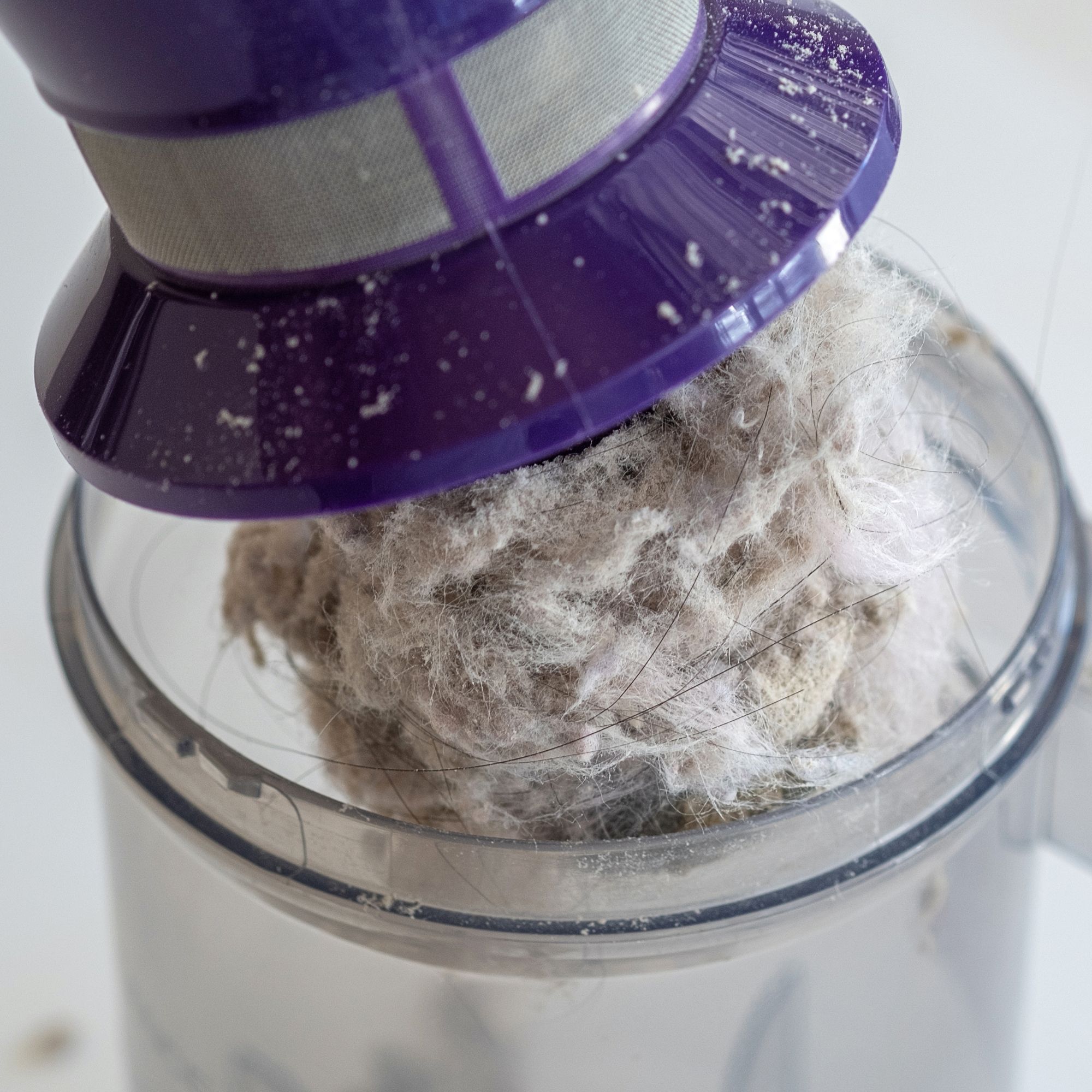
More often than not, a full dust bag or canister is the main culprit to your vacuum cleaner smelling. 'Your vacuum's canister or bin can accumulate a lot of dirt and moisture through regular use, which can lead to mould growth over an extended period,' warns Joshua Warren, AO.com's floorcare expert.
To avoid this from happening, it's so important to ensure you're on top of cleaning your vacuum cleaner regularly. 'Empty the canister after every use and clean it with soapy water regularly to prevent this from happening and eliminate any lingering odours,' advises Joshua.
2. Clogged filters
On top of a full or dirty canister, a clogged filter is the second most common offender to a smelly vacuum cleaner.
'Vacuum cleaners have filters that trap dust and particles, but over time these can get clogged or dirty,' says Sophie Lane, product training manager at Miele GB. 'If not cleaned or replaced regularly, they can develop odours, especially if they trap allergens, mould spores, or fine dust.'
When cleaning your appliance, it's key that you're also paying attention to how often you clean or replace the filter. Neglecting filter maintenance will not only potentially welcome bad smells, but could also be a big factor to your vacuum losing suction. So, it's important to keep on top of this.
Sign up to our newsletter for style inspiration, real homes, project and garden advice and shopping know-how
3. Pet hair and dander
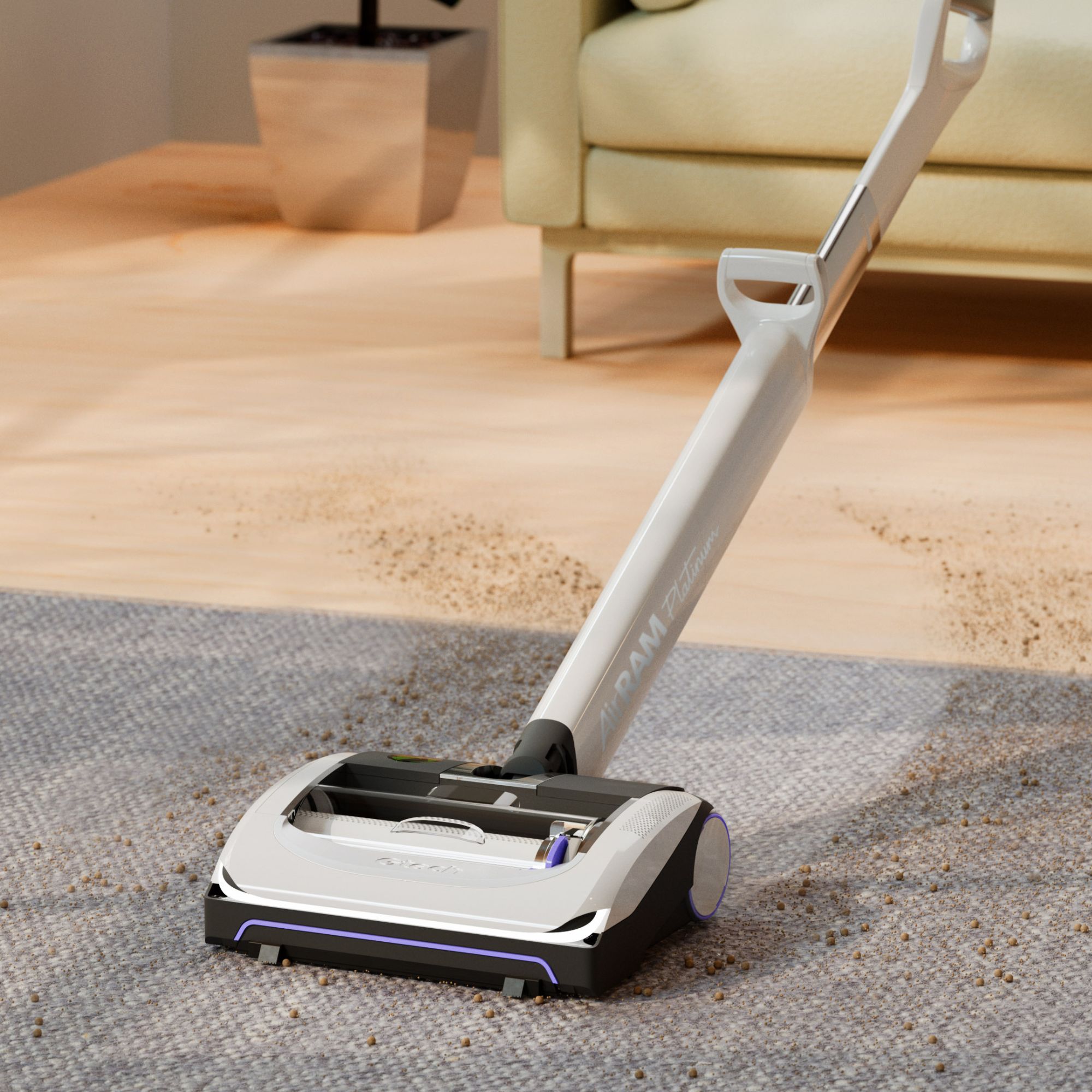
As much as we love our pets, it's no secret that a lot of maintenance comes with them. The best vacuums for pet hair are a must to keeping a home clean and under control, as they often employ the clever use of anti-odour capsules, features that minimise and absorb odour, and pick up hair seamlessly. However, as good as these models may be, even they require maintenance, too.
'Dust, hair, dirt, and pet dander can become trapped inside the vacuum and left to sit until the filter is changed or cleared, which can create an unpleasant odour over time,' notes Paul Bagwell, CEO and founder of Halo. 'This is especially true for pet owners, as pet hair and dander breaks down quickly and can leave your toom with that unmistakable dog or cat smell.'
So, if you're a pet owner, it's vital that you empty and clean your canister and filter regularly.
4. Hair in the brush roll
As much as we've been emphasising the importance of canister and filter maintenance, it's just as important to ensure you're regularly cleaning your vacuum's brush roll.
'Hair and pet hair can easily get tangled or stuck in your vacuum's brush roll or hose, which over time can decompose and cause a nasty stink,' says Joshua. 'Take extra care to regularly clean the brush roll and use scissors to carefully cut away any tricky hairs or fibres that are wrapped around the coil.'
Some vacuums even come with specialised tools to help you cut away at hair on the brush roll.
5. Mould or mildew
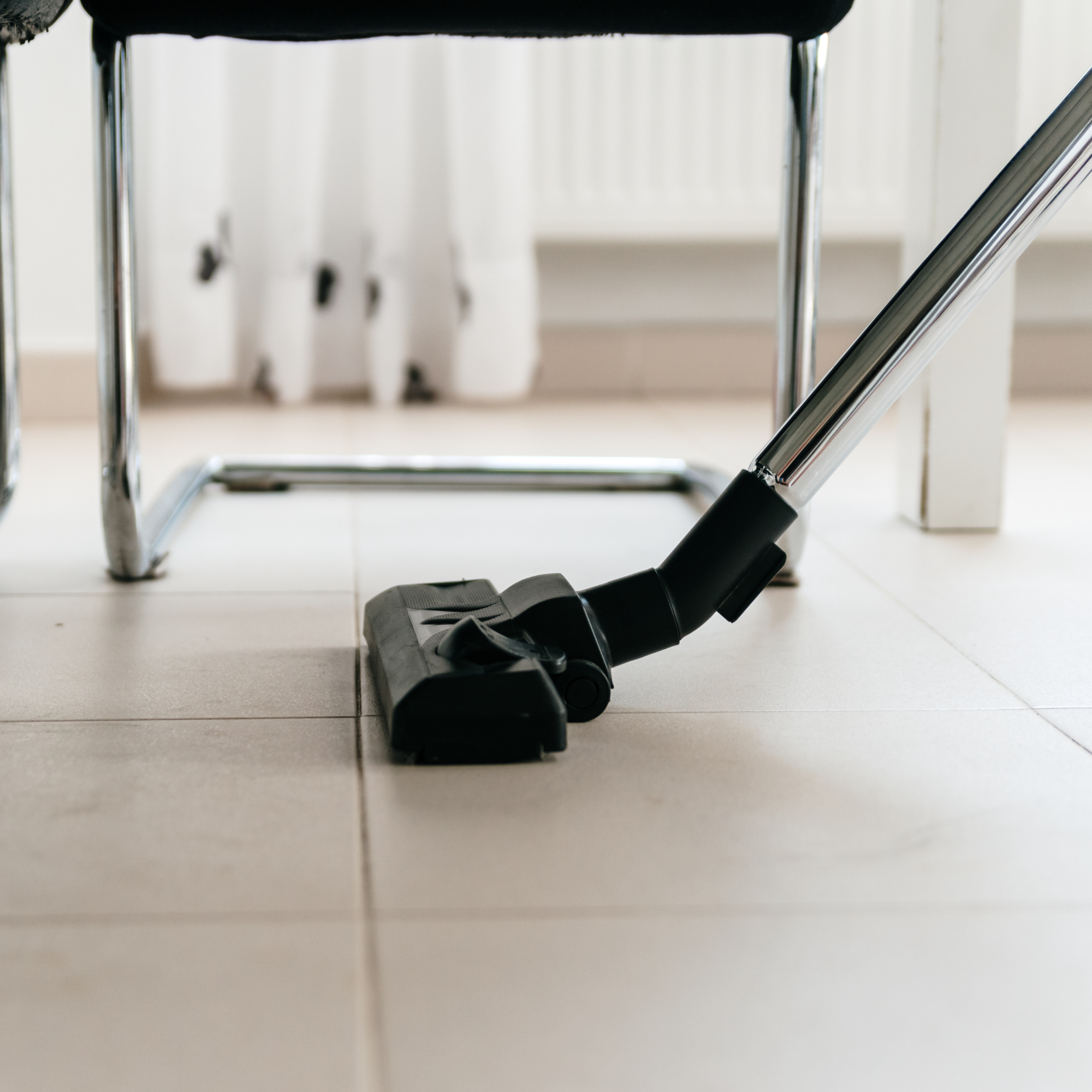
Unless vacuums are specifically designed to clean up wet messes – like the best wet dry vacuum cleaners – they should really only be used on dry debris. However, sometimes you might accidentally use them or wet dirt or spills if you're panickily vacuuming after a rainy day or quickly cleaning up after your kids when you've got guests coming over soon. Whatever the reason is, the unfortunate truth is that this can lead to mould or mildew growth inside the vacuum.
'This moisture can get trapped inside the vacuum, creating the perfect breeding ground for mould, which in turn leads to musty smells,' explains Nathan Paul, ecommerce director and product expert at Appliances Direct.
'My advice? Always vacuum dry surfaces and be sure to empty the dust canister or bag after each use. And make sure you leave your vacuum in a well-ventilated area after each use to help air it out and prevent mould from forming,' he adds.
6. It's old or worn out
Lastly, if tending to the above causes doesn't fix the issue, there's a likelihood that your vacuum has simply reached the end of its lifespan and has a worn or damaged belt. 'A frayed belt can produce a burning smell and reduce the vacuum's performance,' says Nathan.
Alternatively, old and worn out materials such as rubber and plastic can emit these unpleasant smells. It's worth checking if you can get these parts replaced as per your manufacturer's manual, but in most cases, upgrading to a new vacuum might just be your best bet.
Shop our top-rated vacuums
If after reading through these common causes, you've decided that you're simply in need of an upgrade, here are three of our top-rated vacuums to suit your cleaning needs.
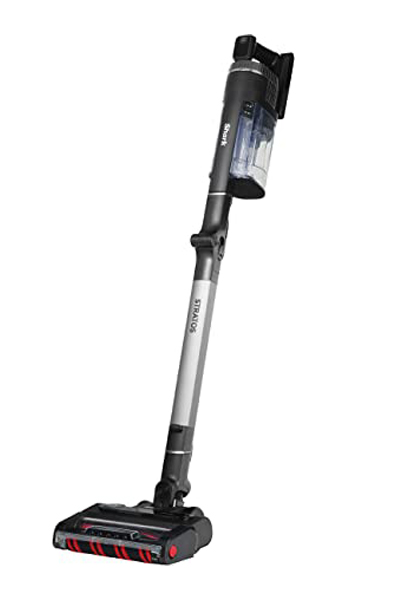
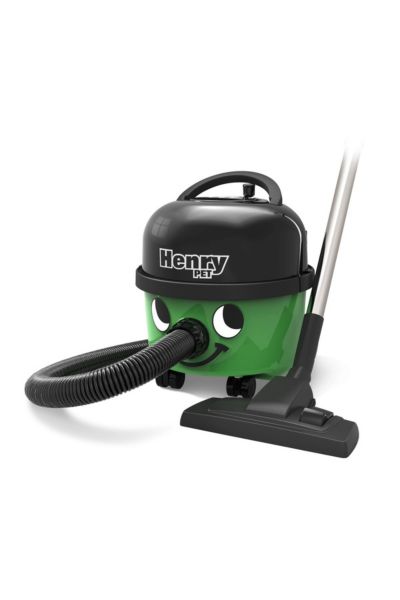
A smelly vacuum is definitely a nuisance, yes, but with a little bit of maintenance and frequent checks, it's usually a quick fix. By regularly emptying your dustbin, cleaning the filter, and taking care of blockages, you can rest assured that your vacuum will stay smelling fresh and working efficiently to the end.

Jullia was Ideal Home’s Junior Writer from 2022-2024 and the Ideal Home Certified Expert in Training on Vacuums having spent over 60 hours testing different models. She’s always loved all things homes and interiors, graduating with a bachelor’s degree in Architectural Studies from the University of Nottingham where her love for writing blossomed following her internship at ArchDaily. Now focused on home tech and cleaning, Jullia works on writing features and explainers to help people make the most of their home appliance investments, putting the newest launches through their paces. When she isn’t writing, she loves exploring the city, coffee shop hopping, and losing hours to a cosy game or book.
